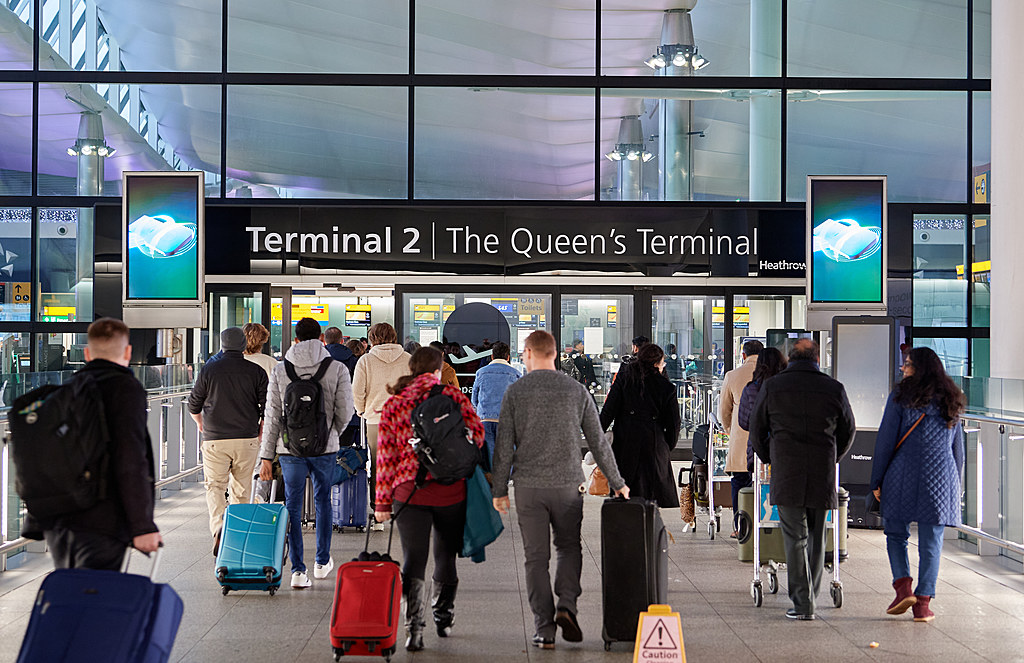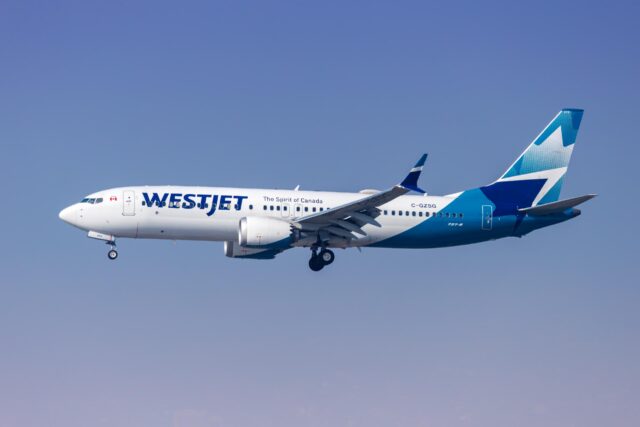IATA slams proposed UK ETA price hike
January 20, 2025

The International Air Transport Association (IATA) has criticised the UK Home Office’s proposal to increase the cost of Electronic Travel Authorisations (ETAs) by 60%, slating it as a “self-inflicted blow to the UK’s tourism competitiveness”.
The UK is the latest country to implement an ETA system, something the Home Office defines as a “digital permission to travel”. Previously only applying to citizens of seven Middle Eastern countries, the process (which does not replace a visa) was extended to encompass more eligible non-Europeans on 8 January– with Canadian, Australian and US passport holders among those affected. Eligible Europeans are also set to require an ETA to travel from 2 April 2025.
Current ETAs cost £10 and last for two years, or until the holder’s passport expires. However, eight days since its extended roll-out, the Home Office has suggested a proposed fee change to £16 – something it intends to keep “under review”. A temporary exemption, granted by the UK government (following feedback from the industry) to prevent passengers transiting airside from needing an ETA, will also “be kept under review,” stated the Home Office.
IATA’s director general Willie Walsh described the proposal as “bewildering” and a “very bad start” to the UK government’s plan, laid out in November 2024, to increase tourism arrivals by 30%. Cautioning that the added cost would also come on top of the Air Passenger Duty (something which will itself increase again in April), “let’s not forget that travellers have choice and the EU’s ETIAS will be far better value – costing about a third as much as this proposed pricing and lasting a year longer,” he concluded.
In August 2024, London Heathrow airport voiced its criticism for the ETA scheme (initially rolled out in February of that year), slating it as “devastating for [Heathrow’s] hub competitiveness”. At the time, a spokesperson for the airport confirmed that the initial ETA implementation had “lost Heathrow 90,000 passenger transfers on routes operating to and from the seven countries included in the scheme”.
















